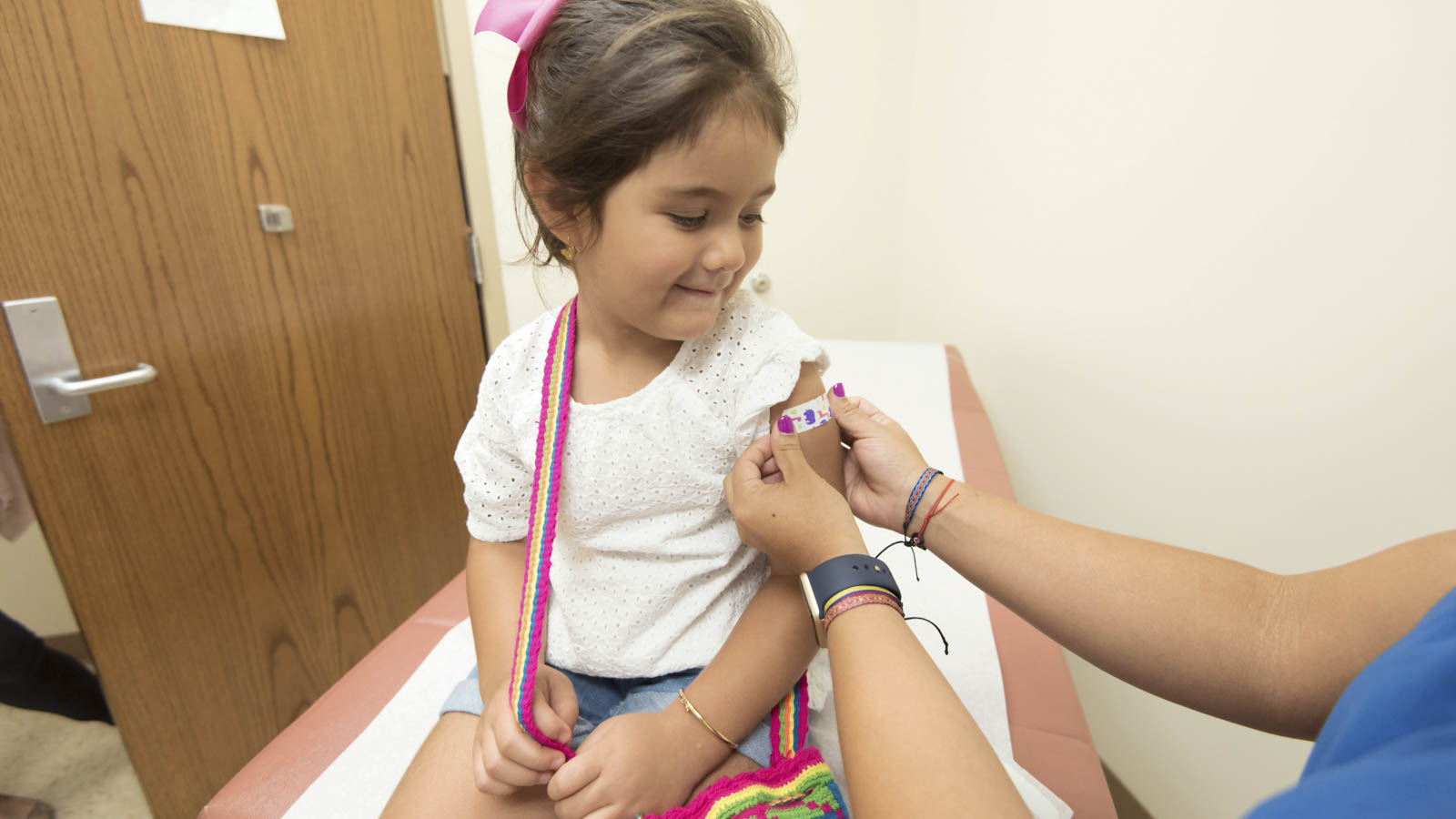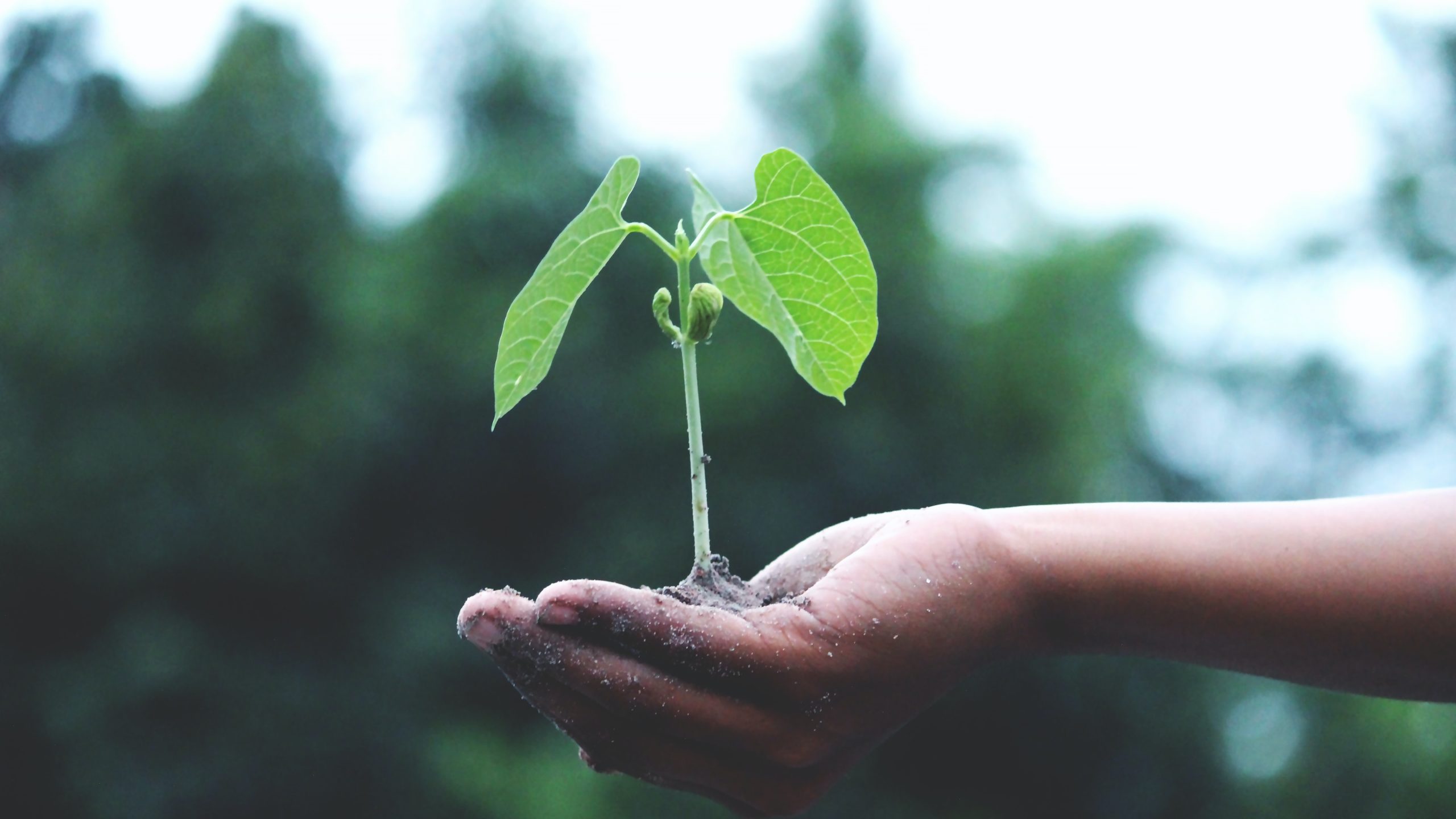A resource to guide Groups to help parents understand their child’s healthcare in the UK – updated October 2021
As part of your sponsor requirements, you will be helping a refugee family to register all family members with the GP, this includes all children in the family. It’s really important to remember that your role in the Group does not replace the role that a parent or guardian play in their children’s healthcare. You may know more about the way in which the healthcare system works, but decisions and preferences sit with a child’s parents. You can assist parents in helping them to reach informed decisions about their child’s health and any treatment.
Please note that this resource does not aim to provide healthcare or medical advice, rather to share some key things to be aware of.
At the time of writing, this article reflected current Covid guidance. It is important that you check gov.uk/coronavirus for the most up-to-date information.
Vaccinations
All children in the UK are eligible for vaccinations. When children in the family arrive, the ones they’ve already had will be detailed on the medical healthcare assessment (MHA), or on vaccination records. These may be written in the primary language that the family speaks. Remind the GP surgery that they are able to and should access interpreters for support. The surgery could use the funding available from the Home Office to support this.
The vaccinations that children in the UK receive are detailed on the NHS website. There are translated guides available on common side effects of vaccinations on gov.uk.
It’s really important that parents understand that vaccines are not mandatory, and they must provide their consent before each one. Some vaccines are administered in a doctor’s surgery, health clinic or others may be organised via the school.
Covid-19 vaccinations
All children aged 12-15 years are now being offered a first dose of Covid-19 vaccine. All young people aged 16 and 17 years old are also being offered a first dose of Covid-19 vaccine. And children and young people who are aged between 12-17 years, and who are classed as medically vulnerable, are being offered two doses of the vaccine. Further information regarding covid-19 vaccinations for children and young people can be found on the gov.uk website.
MMR vaccinations
The vaccination which protects against mumps, measles and rubella may contain porcine gelatin, which may present a challenge for any families who are halal. Details of the ingredients and use of this product are available in English, Arabic and other languages on the gov.uk website.
There are usually two available vaccines for MMR available, one which contains the porcine gelatin and one that does not. The one that does not contain gelatine is Priorix™. Remember, that it remains a parent or guardian’s choice over which vaccine is used. As a Community Sponsorship Group member you should assist the family to make the decision for themselves.
Healthy Start vouchers/Best Start cards
All pregnant women and children aged 4 and under in England, Wales and Northern Ireland are entitled to claim vouchers or payments to purchase milk products and Healthy Start vitamins. A midwife or GP are able to refer those eligible to the scheme, otherwise applications can be made via the websites; do assist the family you are supporting to access these. Access the Healthy Start website here.
In Scotland, those eligible should access the Best Start website.
Dental care
All children in the UK aged 16 and younger have access to free NHS dental care. All children are entitled to regular check-ups. Many Community Sponsorship Groups find that children in the family they welcome have never been to a dentist and some arrive requiring immediate treatment. Helping the family to register with a dentist, and helping to describe the children as nervous patients who do not speak English (you do not need to disclose that the family are refugees) can also assist in their treatment.
Unfortunately, dentists cannot access free interpreters like GPs and hospitals, so when helping the family to make an appointment, make sure this is made clear. It may be that one of your volunteer interpreters may be able to support, or you could make use of professional interpreters if needed. Some Groups have found that their local dental surgery employs speakers of other languages too.
Advice and guidance on dental care in the UK is available on the NHS website.
Care for babies
Some Community Sponsorship Groups have welcomed families who have gone on to have further children in the UK. Explaining the role of healthcare providers for new-borns can be a really useful process to prepare the new parents for, as the involvement of Health Visitors might be something that is unexpected.
Guidance on when Health Visitors will carry out checks on the baby are detailed on the NHS website.
Opticians
All children in the UK should have their eyes checked regularly. Eye tests are free for all children aged 16 and under, and will remain free for young people aged 16-19, so long as they are in full-time education. Our access to healthcare resource contains links and guidance to the funding available for glasses and contact lens wearers.




